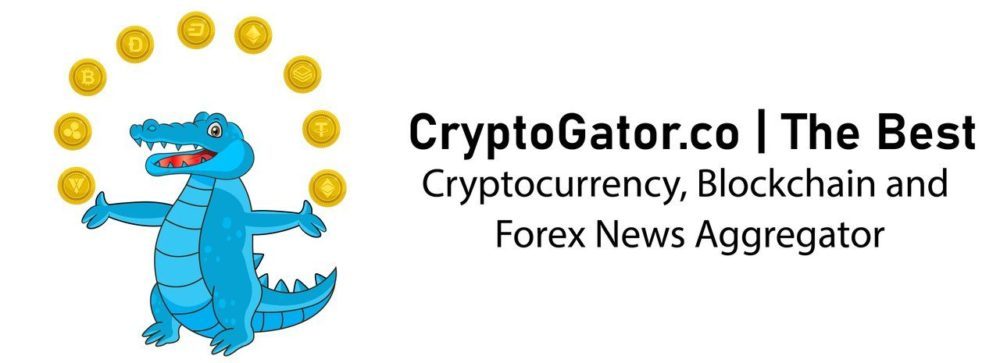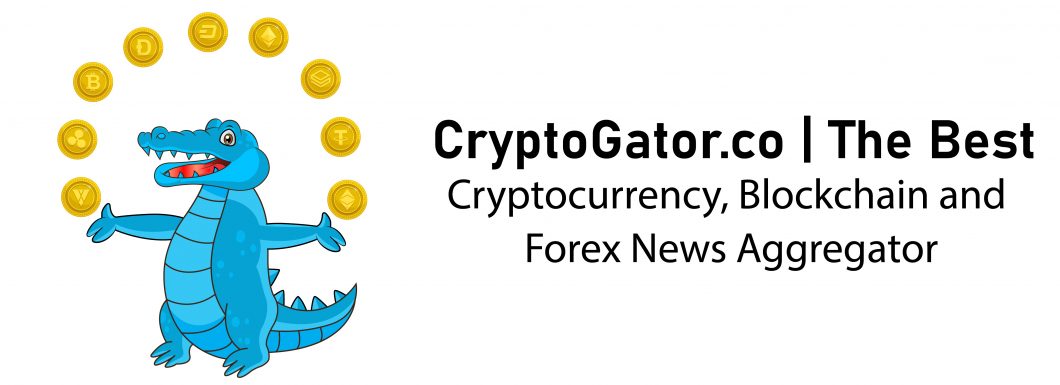The post Bitcoin Back in the Green after Momentary Downslide Caused by Powell’s Speech appeared first on Coinpedia Fintech News
In spite of a stellar start to the year, Bitcoin has been on a downward spiral since the beginning of the second week of February, which a speech by Federal Reserve Chair Jerome Powell hastened. Many analysts have forecasted that Bitcoin’s price will tumble back to $20,000 again. But as of this writing, the king currency has done a U-turn and is trending upwards once again.
However, investors should be aware that the negative bias might be dismissed if the price of Bitcoin can turn the $23,373 resistance level into a support floor. If Bitcoin’s price makes this move, it will disprove the bearish thesis and may set off a surge to the $23,496 resistance level. As of this writing, one bitcoin is worth around $23,240.
Bitcoin Bulls Are Struggling
According to on-chain indicators, Bitcoin appears to be in an uptrend, and experts have predicted a significant price increase before the middle of the year. However, recent volatility has made it difficult for the token to breach any critical support levels, and the bulls appear to be having difficulty driving the price higher.
A dramatic reversal below the $25,000 psychological threshold is required to sustain the current uptrend. An increase to $30,000 is possible if the Bitcoin price is confirmed over a longer time period.
But compared to early February, this week in macro seems to be quieter, with fewer data and more discussion expected to set the tone. That same thing happened the week before, when Federal Reserve Chair Jerome Powell used the term “disinflation” at least fifteen times in a speech and Q&A session that accompanied the Fed’s decision to implement a 0.25 percentage point increase in interest rates.
Analytics experts have been discussing when and if the Federal Reserve would shift from a restrictive to an accommodation economic policy in the weeks following the release of next week’s critical data. Others don’t think the United States can avoid a recession by achieving an inflation-fighting “soft landing.”
And this is a major problem for digital currencies. Meanwhile, research suggests that following Powell’s short victory lap over lowering inflation may be business as usual, with smaller rate rises.



